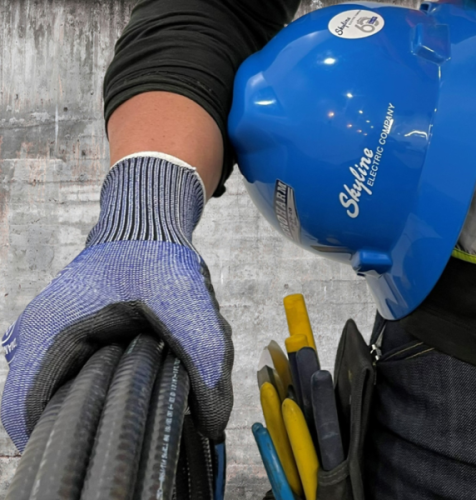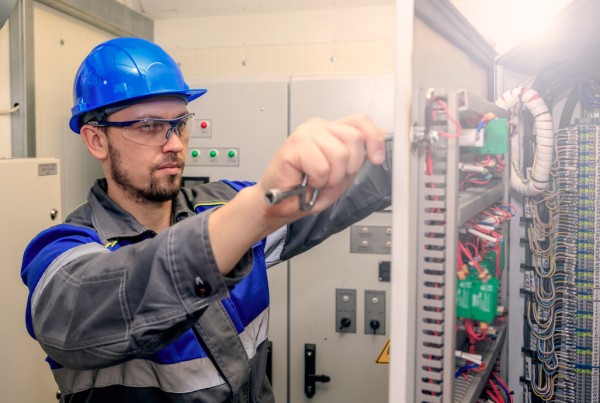Knowing When to Call a Professional Electrician: Guidance for Plant Technicians
Introduction
In the dynamic environment of an industrial plant, the role of a plant technician is crucial. These professionals are often the first line of defense in ensuring that machinery and systems operate smoothly. However, there are scenarios where the expertise of a professional electrician is indispensable. This article outlines key situations when a plant technician should defer to a professional electrician, illustrated with practical examples.
Understanding the Limits of Expertise
Plant technicians are skilled in a variety of tasks, including basic troubleshooting of electrical issues. However, their expertise has limits, especially when it comes to complex electrical systems. Recognizing these limits is not only a matter of professional responsibility but also a critical safety consideration.
Example 1: Complex System Failures
Consider a scenario where a plant experiences a sudden shutdown of its automated conveyor system. A plant technician might be able to identify basic electrical faults, like tripped circuit breakers or simple wiring issues. However, if the problem stems from a more complex issue, such as a malfunction in the programmable logic controller (PLC), this is where a professional electrician’s expertise becomes essential. Electricians have specialized knowledge in diagnosing and repairing intricate electrical components that go beyond the scope of a technician’s training.
Example 2: Installation of New Electrical Equipment
When a plant decides to install new electrical equipment, a plant technician may assist in the basic setup or provide input based on their understanding of the plant’s operations. However, the actual installation, especially if it involves integration into the existing electrical system, should be handled by a professional electrician. For instance, the installation of a new high-capacity motor requires careful consideration of power loads, wiring standards, and safety protocols, which are within the purview of a licensed electrician.
Example 3: Compliance with Electrical Codes and Standards
Electrical work in industrial settings must comply with national and local electrical codes. These codes are complex and regularly updated. When modifications or repairs might affect the compliance of the plant’s electrical system, it’s time to call in a professional. For example, upgrading the electrical panel to accommodate additional machinery requires an understanding of current electrical codes, something an electrician is trained to handle.
Example 4: Safety-Related Issues
Safety is paramount in industrial settings. If a plant technician observes a situation that could pose a risk, such as signs of electrical overheating (e.g., discolored switchboards, strange odors, or flickering lights), it is critical to involve a professional electrician. These symptoms could indicate underlying problems like overloaded circuits or faulty wiring, which require immediate attention from a specialist.
Example 5: Routine Electrical Maintenance and Inspections
While plant technicians can perform basic electrical maintenance, regular, thorough inspections should be conducted by qualified electricians. They can assess the health of the electrical system, identify potential issues, and ensure that everything is in top working condition. This is particularly important for older plants where the electrical system might be nearing the end of its lifecycle.
Conclusion
In an industrial plant, the collaboration between plant technicians and professional electricians is essential for maintaining a safe, efficient, and compliant operation. While plant technicians play a key role in the day-to-day functioning of the plant, there are situations where the specialized skills of a professional electrician are necessary. Recognizing and acting upon these situations not only ensures the smooth operation of the plant but also safeguards the well-being of all personnel and the facility itself.




